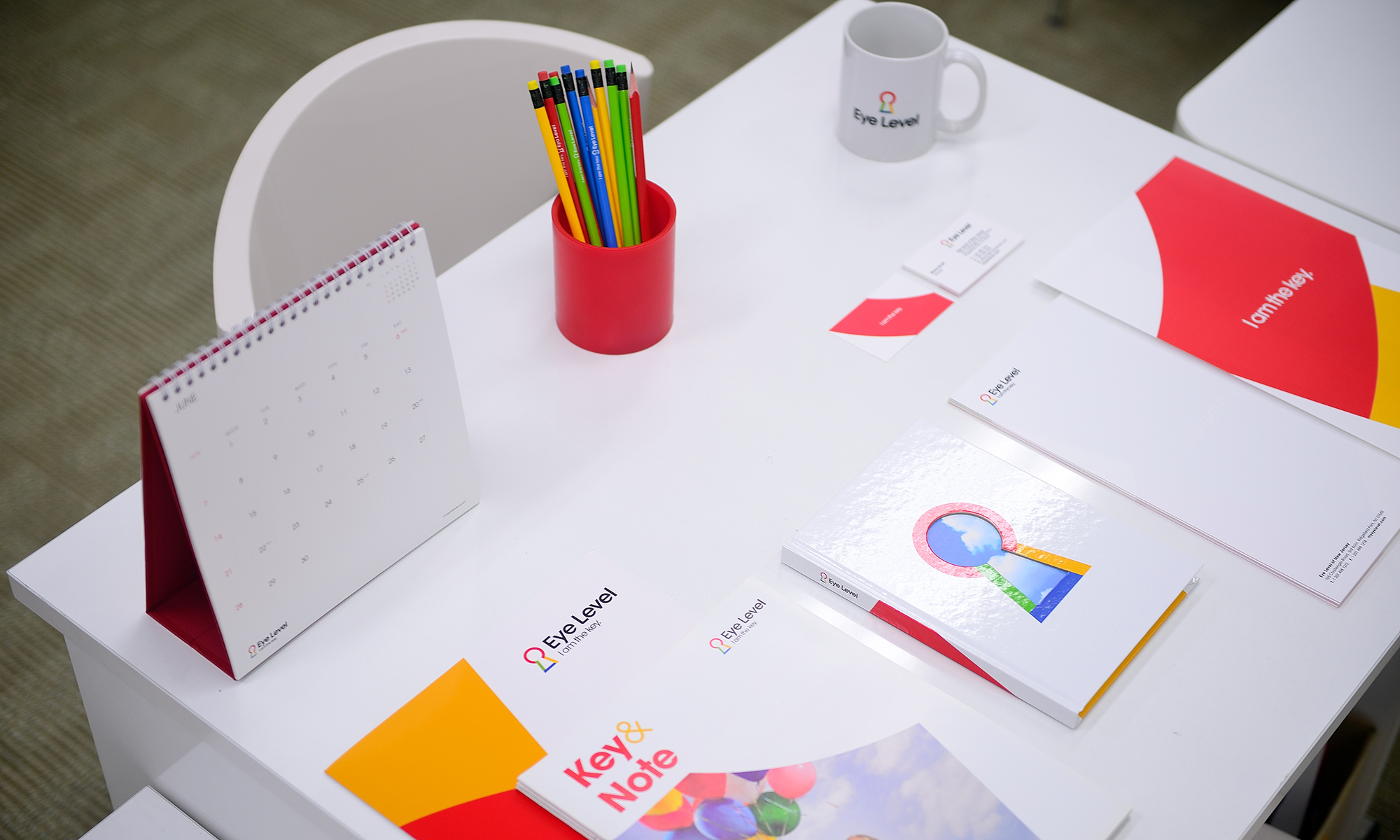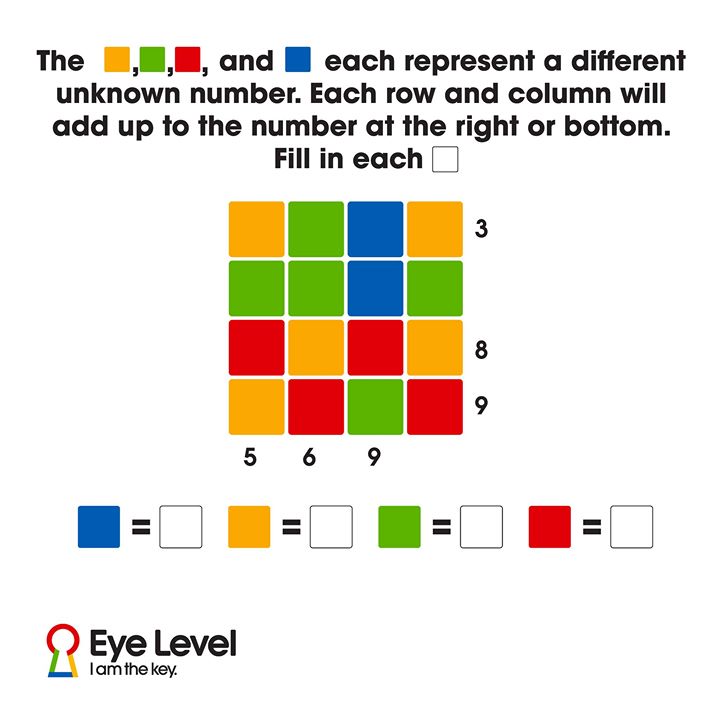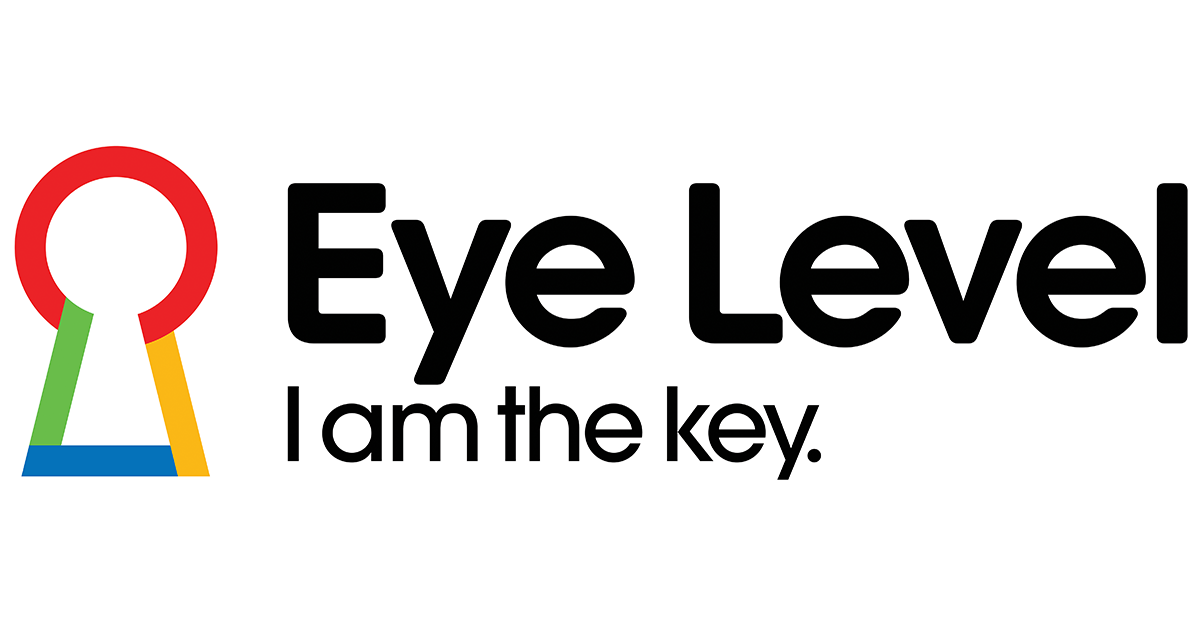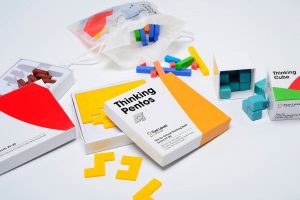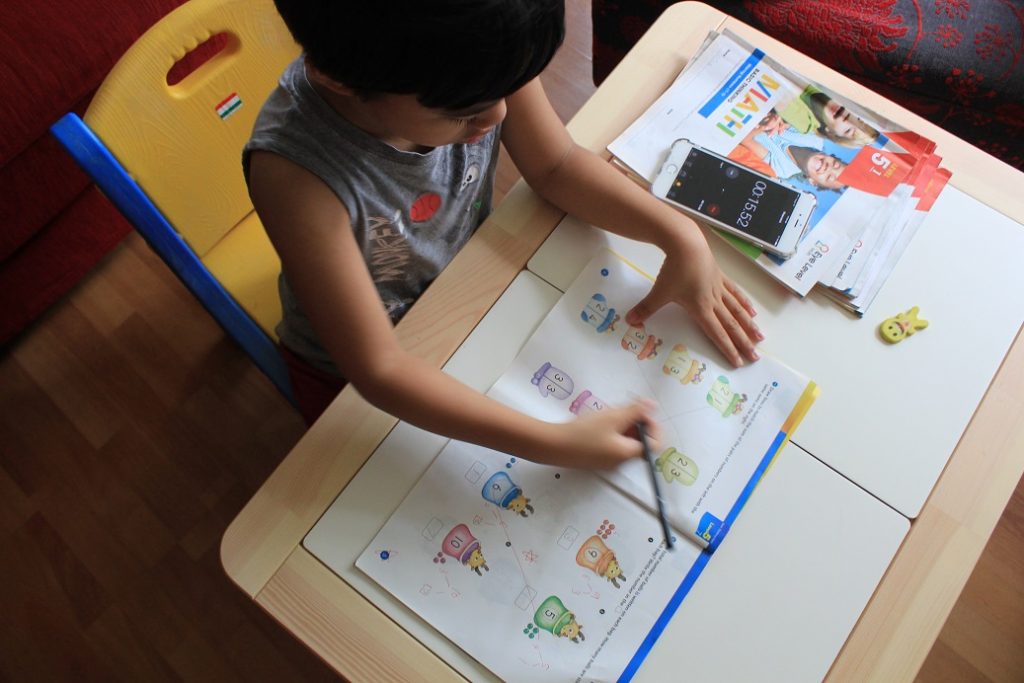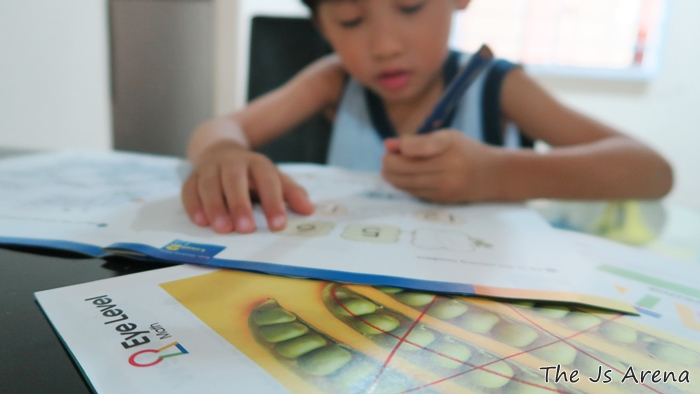
What is Critical Thinking?
Critical thinkers – these are people that our nation wants to nurture, companies want to hire, and parents want their children to become. With the term bounced around so often, it is no wonder that progressive enrichment organisations are starting to adopt “Critical Thinking” as part of their regular programmes.
Often confused with a “CREATIVE thinker”, a critical thinker leverages on experience, observation, reflection and/or communication to derive at a set of heuristics (i.e. a process or method). While the creative thinker aims to derive an original/fresh solution, the process or method of thinking the critical thinker uses is often situational and relevant to the question at hand, and would thus allow the decision maker to derive at a logical solution.
Importance of Critical Thinking
Critical thinking is an important skill to have as the modern world progresses. According to a research by Hong Kong University (HKU), critical thinking is critical (pardon the pun) because:
- It is relevant for whichever profession we choose
- It allows us to understand information and technology in order to make quick and effective decisions in the global knowledge economy
- It ensures that creative solutions are relevant to the problem at hand
- It is important for self-evaluation and reflection so that we may live a meaningful and structure life
- It is the foundation of science and democracy
So, do we need it?
Short answer – YES! This is especially true in the context of Singapore where we are often thought of as being book smart and not street smart. As such, critical thinking will not only break the notion that the Singapore education system is all about rote learning, it will also allow us to tap on the knowledge that we have learnt and apply it rationally in a variety of settings. This makes us effective individuals and contributors of our society.
